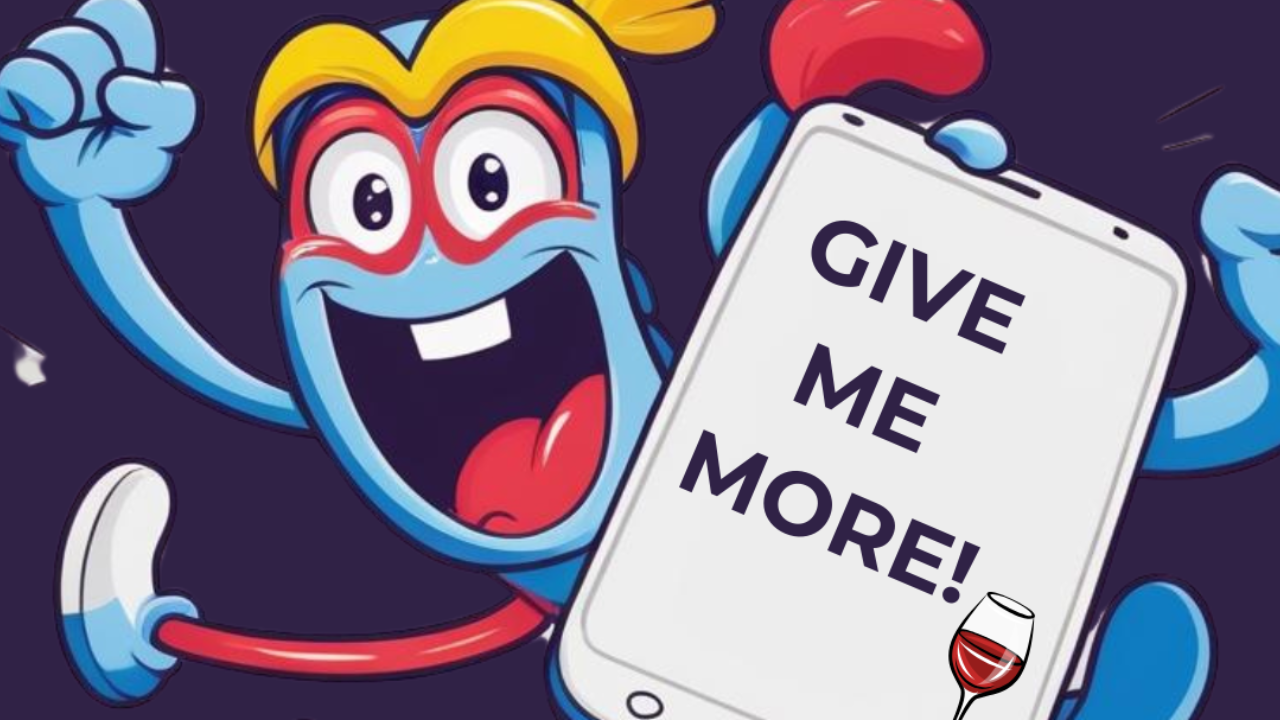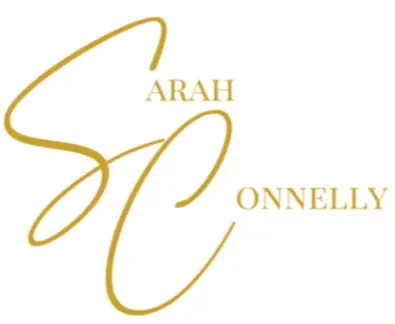What Goes Up Must Come Down
Jan 06, 2025
|
One of the most powerful things that supported me after I quit drinking was understanding the science behind my seeming lack of willpower. Sharing this so that you can benefit from knowing that whilst it's your responsibility to make changes, it's not your fault if you struggle to 'control' your drinking. The Chemical Drivers for Drinking When I was drinking, I was unaware of the chemical processes driving me to pick up a drink, even when I was determined not to. In the morning, I was resolute—this would be the day I’d stop. I felt so sure I was finally ready. But as the day unfolded, thoughts of “start tomorrow” would creep in, and I’d feel a sense of relief when I decided that today wasn’t the day. I could push it out just a little longer. What I didn’t realize was how much my brain chemistry was working against me. Alcohol doesn’t just impact our behavior—it rewires the systems that control our thoughts, feelings, and actions. Dopamine and the Reward System Alcohol hijacks our brain’s reward system. Drinking floods the brain with dopamine, the chemical responsible for pleasure and reward. Over time, this creates a strong association between alcohol and feeling good, making it harder to resist the urge to drink—even when we consciously want to stop. Regular drinking reduces the brain’s natural ability to produce dopamine, leaving us needing alcohol not just to feel good but to feel normal. This is why giving up alcohol feels so difficult, and why, in the first 10 days of quitting, we feel flat, bored, and frustrated. Our body is used to getting its dopamine from alcohol, and adjusting takes time. Stress, Cortisol, and the Escape Loop For me, drinking became a way to manage stress. What I didn’t realize was that alcohol increases cortisol, the body’s stress hormone. While it provides temporary relief, alcohol ultimately made me more stressed and anxious. This created a vicious cycle: I drank to escape stress, which made me more stressed and only fueled the need for another drink. GABA, Glutamate, and the Relaxation Myth Alcohol affects the brain’s GABA (gamma-aminobutyric acid) and glutamate systems, which regulate relaxation and energy. Initially, alcohol amplifies GABA (our natural sedative) and suppresses glutamate (responsible for activity), making us feel calm and relaxed. However, the brain compensates by producing less GABA and more glutamate to counteract alcohol. This imbalance can leave us feeling anxious, restless, or even experiencing withdrawal symptoms when we stop drinking. The good news is that this can all stop. Once we ride a few waves of discomfort we get to experience real relaxation and peace. This too can become healthily addictive. Cravings Aren’t Just Psychological Our cravings aren’t just about willpower—they’re deeply tied to brain chemistry. Just thinking about drinking can release small amounts of dopamine in anticipation, creating a powerful urge to follow through. This chemical “tease” can feel overwhelming but understanding it is key to overcoming it. I used to tell myself ' There's a surge of dopamine in my brain right now, it will subside, I just need to wait it out' Over time the urges became less intense and less frequent and were always followed with another dopamine surge related to the reward of over-coming the craving. Breaking Free from the Cycle Learning about the chemical drivers behind drinking was a turning point for me. I realized I wasn’t weak or lacking willpower—I was battling powerful biological forces. With this knowledge, I began to approach my relationship with alcohol differently. Quitting drinking wasn’t just about saying “no”; it was about healing my brain, restoring balance, and finding healthier ways to manage stress and seek pleasure. The process took time, but it was absolutely worth it. No more cravings, no more frustration, no more regret, no more shame. If you’re struggling, it’s easy to blame yourself and feel ashamed. Messages like “drink responsibly” suggest it’s about personal control, but they leave out a critical fact: alcohol is a highly addictive drug. By understanding the science behind cravings, you can let go of shame and focus on healing. Practical Steps to Overcome the Chemical Drivers of Drinking Here are some actionable steps to help navigate the transition: 1. Replenish Your Body
2. Rewire Your Reward System
3. Manage Stress
4. Handle Cravings
5. Build a New Routine
6. Seek Support
An Invitation to Take a Pause If you’re ready to reset your brain chemistry and share this journey with like-minded people, join me on February 3rd for the 30-Day Power Pause. This program will provide you with the tools, support, and community to navigate the early stages of going alcohol-free. You can find the information HERE Here's to a healthy and balanced 2025,
|



